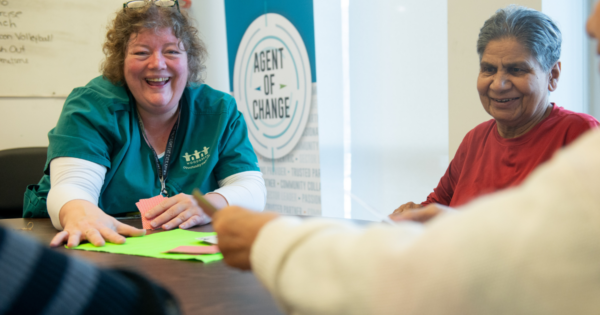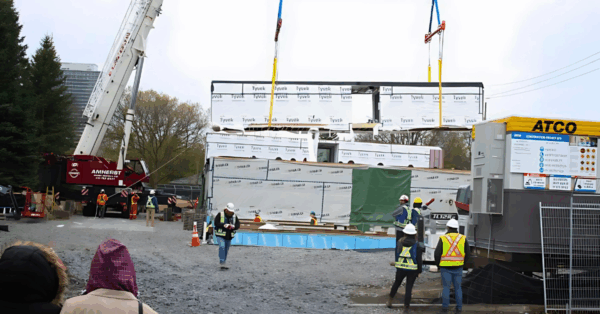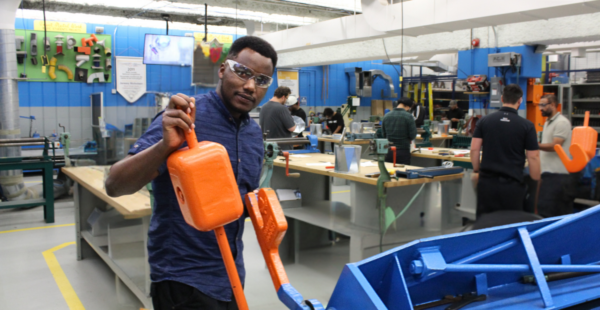Registered Early Childhood Educators have a unique role in building our society. Outside of a child’s home, they are often the first person who will care for a child, the first teacher that child will have and the first non-familial bond they will form. While the well-worn proverb ‘it takes a village to raise a child’ has become cliche, in our modern, big city existence, the villagers that now support most parents are Early Childhood Educators.
But do you really know all that they are trained to do? Here are just five that might surprise you.
Care for kids from 1 day to 13 years
When most people hear the term ‘early childhood’ they assume that means pre-school age of four and under. However, Early Childhood Educators have training to care for children from birth until a child’s 13th birthday. The ratio of teachers to children changes depending on the age of the children they are caring for. For example, for infants (birth to 18 months) there are three ECEs required for every 10 children. That number changes to one ECE for every 15 children for children aged six to 13.
We offer Child Care services. Find out more!
Work with Specialists
The ultimate goal of the Registered Early Childhood Educator is to ensure your child learns and develops skills in a healthy, safe and nurturing environment. In order to achieve that, some children need a little extra help. That can mean developing specialized routines or programs to assist that child’s specific needs. It can also require an ECE to work in collaboration with outside professionals and child specialists. Those might include occupational therapists, speech pathologists, social workers, child and youth workers, as well as resource consultants. Those specialists may also come to observe or work with the child within the childcare setting.

Flag developmental/behavioural issues
An ECE may spend more waking hours with a child than anyone else in that child’s life. That puts them in a unique position to observe children in many circumstances on a day-to-day basis and also in relation to their peers. ECEs can flag any potential developmental or behavioural issues a child may be having and report to their supervisor and the child’s parents. They are trained to observe and write reports on anything that may be important for the parents to know.

Work in more than just childcare
While many of Ontario's 59,000 registered ECEs work in daycare/childcare settings, you will actually find these trained professionals in many workplaces. Some Registered Early Childhood Educators work within the school board system. They are often in Junior Kindergarten and Kindergarten classrooms where children are aged three, four and five. You will also find ECEs working for many community services.
Those include: Children’s Services, Family Support Programs, Recreation Programs, in Universities and Colleges, in government and performing advocacy work for Early Childhood Educators. The job of ECE is one which is considered to be in demand in Ontario and across Canada. Ontario has a shortage of ECEs and with the planned expansion of $10-per-day daycare, the province estimates it will be short 8,500 ECEs to make that plan a reality.
Duty To Report
Early Childhood Educators are mandatory reporters. That means that if they have grounds to suspect a child has been injured or harmed, or is at risk of being injured or harmed, they must report that to the Children’s Aid Society. This is a legal obligation under the Child, Youth and Family Services Act. Early Childhood Educators have guidelines for how to recognize signs of abuse or neglect as well as how to report their concerns.
Registered Early Childhood Educators are essential to a child’s development, providing the building blocks for learning and ultimately laying a strong foundation for healthy growth for years to come.





